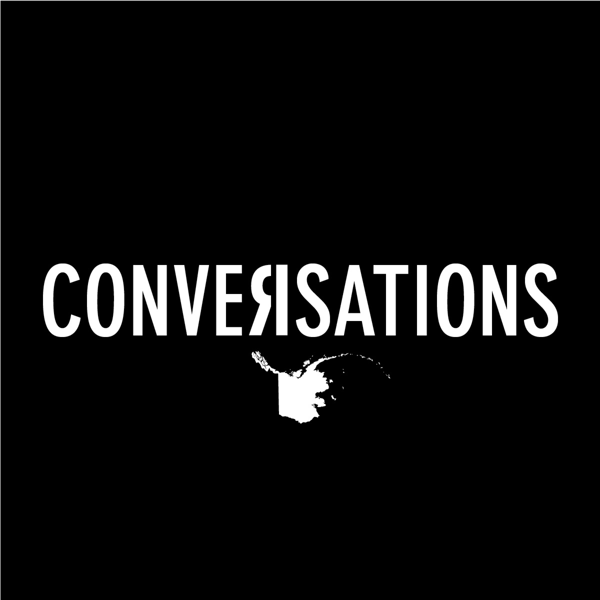Chatter Marks EP 95 Sod housing, Unangax̂ history and correcting Alaska history with Mike Livingston
Crude Conversations
crudemag
5 • 884 Ratings
🗓️ 24 September 2024
⏱️ 71 minutes
🧾️ Download transcript
Summary
Transcript
Click on a timestamp to play from that location
| 0:00.0 | The boarding school experience for some Alaska Native kids was not that big of a deal. |
| 0:16.0 | For other people it was about as dark as it can get. |
| 0:20.0 | You may have seen the recent news articles about unmarked graves that they found in Canada. |
| 0:25.0 | There was unmarked graves for many boarding school students in Alaska, |
| 0:30.0 | including myself, and for me it was you know my my my foot if not my entire body was in the |
| 0:37.2 | grave but somehow I was able to to climb out of it and to to continue my life I I I look back at some of the things that I've been able to |
| 0:46.4 | accomplish and you know had I not survive the boarding school experience I |
| 0:51.6 | wouldn't have been able to accomplish that and |
| 0:53.6 | I've learned since then that the goal of the boarding school program began in the |
| 1:00.3 | United States in the 1700s or the 1800s was to to paraphrase it was to |
| 1:07.6 | to kill the Indian to save the child kind of thing and so at the time it was a very |
| 1:12.2 | personal experience but looking you know when I |
| 1:14.0 | look back on it with with that perspective it's not so personal it was just a nationwide |
| 1:20.0 | program and but again I'm grateful that I've been able to survive and each little |
| 1:26.9 | accomplishment I have through life I'm grateful for you know acknowledging that |
| 1:30.8 | had I not been able to to crawl out of the unmarked grave and boarding |
| 1:34.8 | school that I wouldn't have been able to do. |
| 1:38.4 | That was Mike Livingston. |
| 1:40.6 | He specializes in the cultural heritage of the Aleutian and Pribelov Islands. |
| 1:46.0 | His background makes him uniquely qualified for this position. |
| 1:51.0 | He grew up in Cold Bay, Alaska, located on the illusions, and his family homesteaded |
| 1:57.2 | where Trout Creek flows into Cold Bay. They didn't have much money, so they lived a subsistence lifestyle and built their home using |
... |
Please login to see the full transcript.
Disclaimer: The podcast and artwork embedded on this page are from crudemag, and are the property of its owner and not affiliated with or endorsed by Tapesearch.
Generated transcripts are the property of crudemag and are distributed freely under the Fair Use doctrine. Transcripts generated by Tapesearch are not guaranteed to be accurate.
Copyright © Tapesearch 2025.

